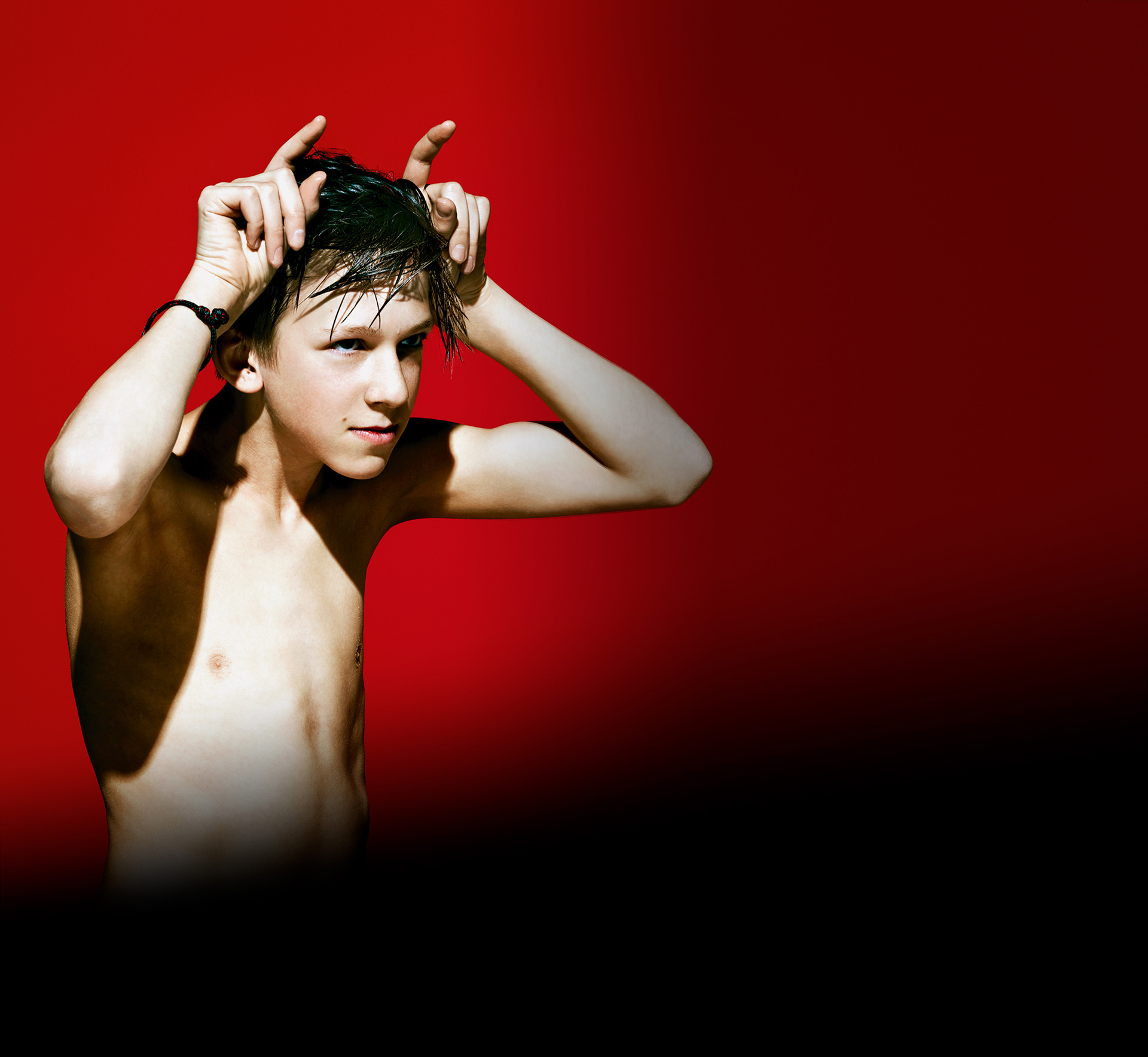Carmen
Georges Bizet
-
Act I & II
1 h 30 min.
-
Intermission
25 min.
-
Act II
40 min.
-
Intermission
ca. 25 min.
-
Act III
1 h
Duration: ca. 3 hrs
- See photo: [Translate to English:] Fot. K Bieliński
![[Translate to English:] Fot. K Bieliński [Translate to English:] Fot. K Bieliński](/fileadmin/_processed_/7/b/csm_BIEL_01_6830_0a479db514.jpg)
- See photo: [Translate to English:] Fot. K Bieliński
![[Translate to English:] Fot. K Bieliński [Translate to English:] Fot. K Bieliński](/fileadmin/_processed_/c/2/csm_BIEL_02_5102_c3ee0c3e27.jpg)
- See photo: [Translate to English:] Fot. K Bieliński
![[Translate to English:] Fot. K Bieliński [Translate to English:] Fot. K Bieliński](/fileadmin/_processed_/f/e/csm_BIEL_03_6195_cd6af57db9.jpg)
- See photo: [Translate to English:] Fot. K Bieliński
![[Translate to English:] Fot. K Bieliński [Translate to English:] Fot. K Bieliński](/fileadmin/_processed_/a/3/csm_BIEL_04_6943_0a7c312d14.jpg)
- See photo: [Translate to English:] Fot. K Bieliński
![[Translate to English:] Fot. K Bieliński [Translate to English:] Fot. K Bieliński](/fileadmin/_processed_/e/8/csm_BIEL_05_7153_c2d1e88ad9.jpg)
- See photo: [Translate to English:] Fot. K Bieliński
![[Translate to English:] Fot. K Bieliński [Translate to English:] Fot. K Bieliński](/fileadmin/_processed_/e/2/csm_BIEL_06_6997_14d6c769cf.jpg)
- See photo: [Translate to English:] Fot. K Bieliński
![[Translate to English:] Fot. K Bieliński [Translate to English:] Fot. K Bieliński](/fileadmin/_processed_/e/1/csm_BIEL_07_7121_f89e55edfb.jpg)
- See photo: [Translate to English:] Fot. K Bieliński
![[Translate to English:] Fot. K Bieliński [Translate to English:] Fot. K Bieliński](/fileadmin/_processed_/f/3/csm_BIEL_08_7535_237fc239d4.jpg)
- See photo: [Translate to English:] Fot. K Bieliński
![[Translate to English:] Fot. K Bieliński [Translate to English:] Fot. K Bieliński](/fileadmin/_processed_/0/a/csm_BIEL_09_6798_3cbbd53d6a.jpg)
- See photo: [Translate to English:] Fot. K Bieliński
![[Translate to English:] Fot. K Bieliński [Translate to English:] Fot. K Bieliński](/fileadmin/_processed_/4/a/csm_BIEL_10_7598_560c0e03d0.jpg)
- See photo: [Translate to English:] projekt Adam Żebrowski na podstawie zdj. Łukasz Murgrabia
![[Translate to English:] projekt Adam Żebrowski na podstawie zdj. Łukasz Murgrabia [Translate to English:] projekt Adam Żebrowski na podstawie zdj. Łukasz Murgrabia](/fileadmin/_processed_/6/6/csm_Carmen_plakat_1920_x1280_75c79fcdfe.jpg)
-
Time is measured by
-

Cast
-
- Carmen
- Micaëla
- Frasquita
- Mercédès
- Don José
- Escamillo
-
- Zuniga
- Moralès
- Le Dancaïre
- Remendado
- Lilas Pastia
-
- Micaëla
- Frasquita
- Don José
- Escamillo
- Le Dancaïre
- Remendado
-
- Carmen
- Zuniga
- Moralès
- Lilas Pastia
- Mercédès
-
- Carmen
- Micaëla
- Frasquita
- Mercédès
- Don José
- Escamillo
-
- Zuniga
- Moralès
- Le Dancaïre
- Remendado
-
Lilas Pastia
 Bartłomiej Cabaj
Bartłomiej Cabaj
(debuting in the role)
-
- Micaëla
- Frasquita
- Mercédès
- Don José
- Escamillo
- Le Dancaïre
-
- Remendado
- Carmen
- Zuniga
- Lilas Pastia
- Moralès
-
- Carmen
- Micaëla
- Frasquita
- Mercédès
- Don José
- Escamillo
-
- Zuniga
- Le Dancaïre
- Remendado
- Lilas Pastia
- Moralès
-
- Micaëla
- Frasquita
- Mercédès
- Don José
- Escamillo
- Le Dancaïre
-
- Remendado
- Carmen
- Zuniga
- Moralès
- Lilas Pastia
-
- Carmen
- Micaëla
- Frasquita
- Mercédès
- Don José
- Escamillo
-
- Zuniga
- Moralès
- Le Dancaïre
- Remendado
-
Lilas Pastia
 Bartłomiej Cabaj
Bartłomiej Cabaj
Credits
-
- Director
- Set Designer
- Costumes
- Dramaturgy
- Choreography
- Lighting Designer
-
- Chorus Master
- Video Projections
- Dramaturgy cooperation
- Children's Choir Master
- Hair and Make up
- Conductor
-
- Director
- Set Designer
- Costumes
- Dramaturgy
- Choreography
- Lighting Designer
-
- Chorus Master
- Video Projections
- Dramaturgy cooperation
- Children's Choir Master
- Hair and Make up
- Conductor
-
- Director
- Set Designer
- Costumes
- Dramaturgy
- Choreography
- Lighting Designer
-
- Chorus Master
- Video Projections
- Dramaturgy cooperation
- Children's Choir Master
- Hair and Make up
- Conductor
-
- Director
- Set Designer
- Costumes
- Dramaturgy
- Choreography
- Lighting Designer
-
- Chorus Master
- Video Projections
- Dramaturgy cooperation
- Children's Choir Master
- Hair and Make up
- Conductor
-
- Director
- Set Designer
- Costumes
- Dramaturgy
- Choreography
- Lighting Designer
-
- Chorus Master
- Video Projections
- Dramaturgy cooperation
- Children's Choir Master
- Hair and Make up
- Conductor
-
- Director
- Set Designer
- Costumes
- Dramaturgy
- Choreography
- Lighting Designer
-
- Chorus Master
- Video Projections
- Dramaturgy cooperation
- Children's Choir Master
- Hair and Make up
- Conductor
-
- Director
- Set Designer
- Costumes
- Dramaturgy
- Choreography
- Lighting Designer
-
- Chorus Master
- Video Projections
- Dramaturgy cooperation
- Children's Choir Master
- Hair and Make up
- Conductor
Opera in four acts
Libretto: Henri Meilhac, Ludovic Halévy
World premiere: 3 March 1875, Paris
Premiere of this production: 7 June 2018, Teatr Wielki – Polish National Opera
In the original French with Polish surtitles
Synopsis
-
Act I and II
We are in a valley along which pilgrims are travelling. The sun does not
shine here, and God is far, far away. The travellers are people of all races,
classes and nationalities, adults and children, living and dead.
They are on their way to the devilish nymph Goplana to ask her for a
moment's relief from their purgatorial suffering. The demonic queen of Lake
Gopło emerges from the water's surface and tells her servants Skierka and
Chochlik about how she fell in love with a village boy who tumbled into her
lake the previous winter. She wanted to keep him at her side. She knew the boy
would die if he stayed underwater. When she saw a hand coming from above to
rescue him, she let him go. Listening to their mistress's story, Skierka and
Chochlik realize she is talking about Grabiec, a stable boy who is
clandestinely meeting with Balladyna, the daughter of an impoverished
gentlewoman.
Grabiec appears in his boat. He sings of the appeal of a simple rural
life and his love for Balladyna. Intoxicated by his presence, Goplana offers
him anything he might desire if only he will stay with her. Grabiec turns her
down, not mincing his words. He finds the devilish nymph repulsive. He flees.
Chochlik promises to get rid of Balladyna and win Grabiec for his mistress.
Meanwhile, Prince Kirkor rides by the lake on his way back from war with
his friend and servant Kostryn the knight and other soldiers. He is tormented
by melancholy and anxiety. He sees a swallow and follows it, singing a song
about his longing for pure love. The bird leads him to the Widow and her two
daughters. One of them is Balladyna, a dark-haired beauty and Grabiec's
beloved. The girl makes a huge impression not only on Kirkor but mainly on
Kostryn, who immediately recognizes her as a dark kindred spirit. The other one
is Alina. The prince cannot stop marvelling at the sisters' noble beauty,
Balladyna's devotion and Alina's artlessness. He is unable to choose between
them. Chochlik whispers to the Widow to have her daughters take jugs in the
morning and go raspberry picking. The one who first brings a hundred
raspberries will be Kirkor's wife. The Widow suggests this strange idea to the
prince. Alina, watched by Chochlik, prays for success in the following day's
undertaking.
Balladyna slips away to meet Grabiec. They both fall asleep in his boat
in the middle of the lake. Skierka and Chochlik rouse the boy from his sleep
and lead him to their mistress. Rejected once again, Goplana turns Grabiec into
a willow.
Balladyna is awoken by Alina, who is holding a jug filled with
raspberries. Balladyna is angry with herself, especially since her sister brags
about her victory. She reaches for a knife and kills Alina. When she returns
home she lies to her mother that Alina has eloped with a lover from the
village. A mark the colour of berries and blood appears on Balladyna's
forehead. Kirkor takes her to his castle.
-
Act III
Balladyna is alone in the castle. Kirkor has gone away, leaving the
estate and his wife in Kostryn's care. The woman analyses what has happened and
decides there is no turning back, she has to "follow destiny's path".
Kostryn enters. Balladyna sounds out his soul and opens up to him,
allowing him to show his feelings. A procession of guests is approaching the
castle. The princess asks Kostryn to help her receive them at a banquet. She is
left alone, but her mother soon appears to tell her a dream in which she had a
visit from Alina in a bloodstained white dress. Seeing Balladyna's reaction and
her unwillingness to show her mother the mysterious stain on her forehead, the
Widow realizes that her daughters were in a sororicidal fight.
Grabiec appears at the banquet. He is changed, accompanied by a strange
retinue that also includes Skierka and Chochlik. Balladyna does not recognize
her former lover in the prince from a distant land. Grabiec sings, revealing
his identity to the princess and telling her that as a willow he witnessed her
crime. Terrified, Balladyna orders Kostryn to poison the guest. The knight proposes
a toast in the honour of Grabiec, who drinks from the poisoned cup and dies.
Kirkor enters. The situation he sees rouses his anger. Balladyna accuses
Kostryn of having violated her virtue and poisoned the guest.
The Widow arrives, exposing her daughter to the prince as a murderess
and pointing to the band on Balladyna's forehead as proof of the crime.
Everyone demands that the princess take off the tiara concealing the mark. As
Balladyna uncovers her forehead, she is hit by a bolt of lightning sent down by
the angry Goplana. The girl dies.
Krzysztof Knurek
-
Act III
The temple
In the shadow of the Great Buddha, a bronze idol dances as the High Brahmin and the priests prepare for the wedding of Gamzatti and Solor. The betrothed couple enter, and the bayadères perform a ritual candle dance round them, reminiscent of the Sacred Fire burning outside the temple. The Rajah, Gamzatti and Solor dance, but Solor is haunted by the vision of Nikiya, which is visible only to him. During the dance, a basket of flowers identical to the one given to Nikiya mysteriously appears, and Gamzatti, terrified and consumed with guilt, urges her father to complete the wedding ceremony. The High Brahmin performs the ceremony on the steps of the altar, but Solor cannot force himself to say the vows. The infuriated gods destroy the temple and bury everyone under its ruins. The spirits of Nikiya and Solor are reunited in eternal love.
Sponsors
-
Mecenas Teatru Wielkiego - Opery Narodowej
-
Partnerzy Teatru Wielkiego - Opery Narodowej
-
Patroni medialni






 Monika Ledzion-Porczyńska
Monika Ledzion-Porczyńska ![[Translate to English:]](/fileadmin/_processed_/a/7/csm_Ewa_Tracz_fot._Karpati___Zarewicz_-_kwadrat_24_d08740d6f3.jpg) Ewa Tracz
Ewa Tracz  Joanna Kędzior
Joanna Kędzior  Anna Bernacka
Anna Bernacka  Dario Di Vietri
Dario Di Vietri  Mariusz Godlewski
Mariusz Godlewski ![[Translate to English:]](/fileadmin/_processed_/6/f/csm_remigiusz_lukomski_kwadrat_05aa478a8d.jpeg) Remigiusz Łukomski
Remigiusz Łukomski![[Translate to English:]](/fileadmin/import/media/img/ludzie/spiewacy/Kamil_Zdebel_24_-_kwadrat.jpg) Kamil Zdebel
Kamil Zdebel ![[Translate to English:]](/fileadmin/_processed_/5/b/csm_damian_wilma_2024_-_kwadrat_bf794b4cfc.jpg) Damian Wilma
Damian Wilma  Tomasz Madej
Tomasz Madej  Maciej Mikołajczyk
Maciej Mikołajczyk  Katarzyna Trylnik
Katarzyna Trylnik  Maria Domżał
Maria Domżał  Paweł Skałuba
Paweł Skałuba Artur Janda
Artur Janda Paweł Trojak
Paweł Trojak  Piotr Maciejowski
Piotr Maciejowski  Julia Rutigliano
Julia Rutigliano Patrycjusz Sokołowski
Patrycjusz Sokołowski![[Translate to English:]](/fileadmin/_processed_/5/5/csm_jan_zadlo_2025_-_kwadrat_e188f57f57.jpg) Jan Żądło
Jan Żądło ![[Translate to English:]](/fileadmin/_processed_/8/5/csm_Joanna_Motulewicz_new_-_kwadrat_57c6bace38.jpg) Joanna Motulewicz
Joanna Motulewicz  Andrzej Chyra
Andrzej Chyra ![[Translate to English:] Barbara Hanicka [Translate to English:] Barbara Hanicka](/fileadmin/_processed_/0/b/csm_Hanicka-700_6f4f44da3d.jpg) Barbara Hanicka
Barbara Hanicka  Magda Maciejewska
Magda Maciejewska  Małgorzata Sikorska-Miszczuk
Małgorzata Sikorska-Miszczuk ![[Translate to English:]](/fileadmin/_processed_/d/3/csm_jacek_przybylowicz_fot._joanna_miklaszewska_-_kwadrat_563bc0629c.jpg) Jacek Przybyłowicz
Jacek Przybyłowicz  Bartosz Nalazek
Bartosz Nalazek  Mirosław Janowski
Mirosław Janowski  Michał Jankowski
Michał Jankowski  Michał Kurkowski
Michał Kurkowski  Danuta Chmurska
Danuta Chmurska  Marek Bryczyński
Marek Bryczyński  Tadeusz Kozłowski
Tadeusz Kozłowski 




